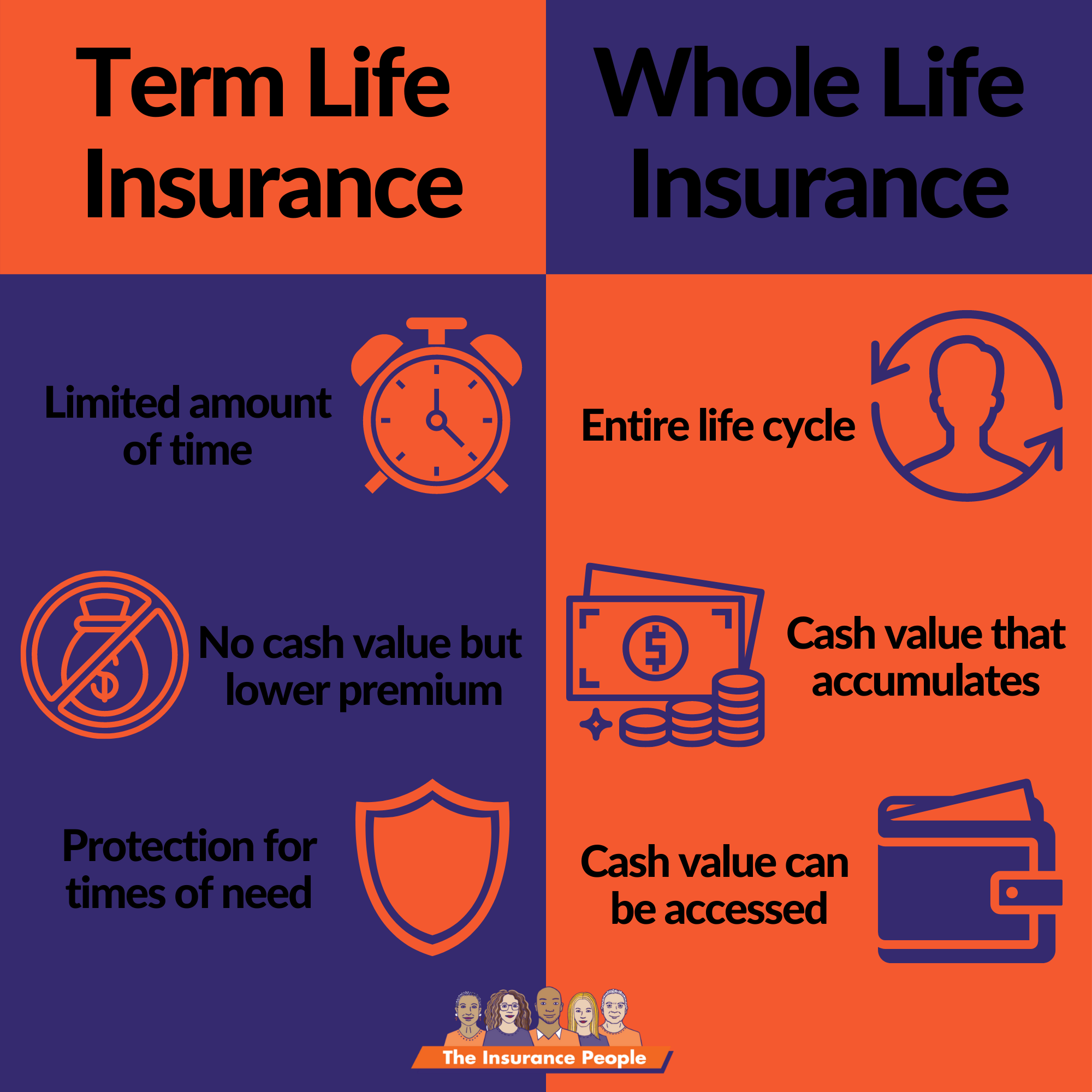News Blast: Your Daily Update
Stay informed with the latest news and trends.
Whole Life Insurance: The Hidden Treasure in Your Financial Toolbox
Unlock the secret benefits of whole life insurance and discover how it can be your ultimate financial asset for lifelong security!
Understanding Whole Life Insurance: A Comprehensive Guide
Whole life insurance is a type of permanent life insurance that provides coverage for the policyholder's entire life, as long as premiums are paid. It combines a death benefit with a cash value component that grows over time, making it a unique financial product. One of the key features of whole life insurance is its predictability; policyholders can expect fixed premiums and guaranteed growth in the cash value. This makes it an attractive option for those looking for a stable long-term investment.
When considering whole life insurance, it’s essential to understand its components. The two main parts are:
- Death Benefit: The amount your beneficiaries will receive upon your death.
- Cash Value: A portion of your premium contributes to this savings component, which accumulates over time and can be borrowed against or withdrawn.

How Whole Life Insurance Can Build Cash Value Over Time
Whole life insurance is not only a safety net for your loved ones but also a powerful financial tool that can help build cash value over time. Unlike term insurance, which only offers a death benefit, whole life policies accumulate cash value through premiums paid over the life of the policy. This cash value grows at a guaranteed rate and is influenced by dividends paid out by the insurance company, which can further increase the total cash value. Essentially, you are not just paying for insurance; you are investing in a secure savings plan that can benefit you while you are still alive.
As the years go by, the cash value of a whole life insurance policy can develop into a substantial asset that you can access during your lifetime. Policyholders can borrow against this cash value for various needs, such as funding education, starting a business, or even financing retirement. It’s important to note that while borrowing against the policy's cash value can provide liquidity, any unpaid loans and interest will reduce the death benefit. Thus, planning and understanding the terms of your whole life insurance policy is crucial to maximizing its benefits for your financial future.
Is Whole Life Insurance Right for Your Financial Goals?
When considering whether whole life insurance aligns with your financial goals, it's essential to evaluate your long-term objectives. Unlike term life insurance, which provides coverage for a specific period, whole life insurance offers lifetime protection and builds cash value over time. This dual benefit can make it an appealing option for those looking to ensure financial security for their beneficiaries while also accumulating wealth. Factors such as your age, health, and financial circumstances should be considered to determine if the higher premiums associated with whole life insurance are justifiable in your quest for peace of mind and financial growth.
Additionally, whole life insurance can serve as a versatile financial tool. The cash value component can be accessed through loans or withdrawals, providing liquidity in times of need. However, it's crucial to recognize that borrowing against the policy may reduce the death benefit. If you're contemplating whole life insurance as part of your financial strategy, consider consulting with a financial advisor to assess how it fits into your overall plan. They can help you understand the potential benefits and drawbacks, ensuring that this insurance type supports your financial goals effectively.